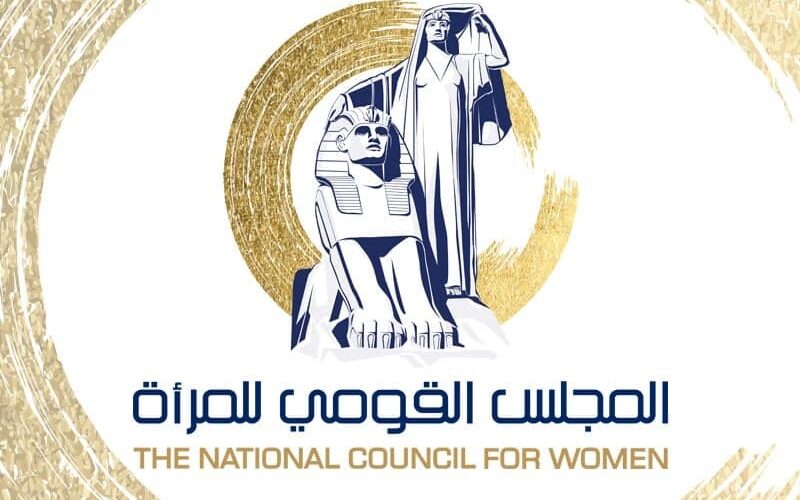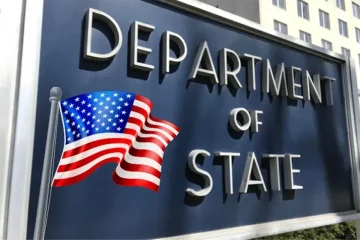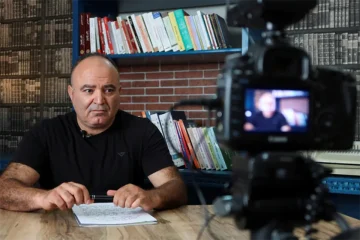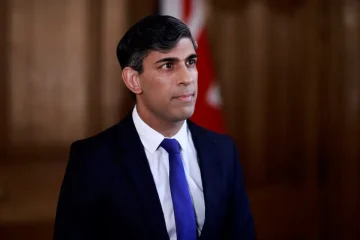BAN BARKAWI and MENNA A FAROUK
HUNDREDS of Egyptian women are speaking out about sexual violence after a #MeToo campaign on Instagram led to the arrest of a man accused of raping and blackmailing multiple women.
The Instagram account Assault Police said more than 100 women had given testimonies since it was set up to target the man on July 1, and the public prosecution office said on Monday that the man was under arrest as it carried out investigations.
Lawyer Tarek Elawady said the events of the last few days showed that Egypt was starting to take sex crimes seriously and women should have the courage to speak out, even though it was difficult in the patriarchal society.
“This is now the start of an opportunity (for change) that we must take advantage of,” said Elawady, who represented his own daughter in a harassment case and won.
“We must shed our culture of victim blaming. We cannot keep telling girls, ‘It’s because you were walking wrong or were dressed inappropriately’.”
A 2017 Thomson Reuters Foundation poll found Cairo to be the most dangerous megacity for women and 99% of women in Egypt interviewed by the United Nations in 2013 reported sexual harassment.
An outcry over attacks on women near Cairo’s Tahrir Square during President Abdel Fattah al-Sisi’s inauguration celebrations in 2014 prompted a new law punishing sexual harassment with at least six months in jail.
Seeing convictions under this law has gradually encouraged the public to be more sympathetic toward victims, Elawady said.
PRIVACY
Egypt’s public prosecution office said that the man targeted by the Instagram account Assault Police was being held for 15 days while it investigated the allegations made by four women, one under the age of 18.
Women’s rights activists said Egyptian women were now finding their voice because they saw the legal system was protecting their identities.
“With the public prosecution protecting the right of the girls to privacy of their data, they have been encouraged to go and testify,” said Nehad Abul-Komsan, director of the Egyptian Center for Women’s Rights, an advoacy group.
“It will also encourage other girls and will pave the way for other sexual harassment cases to be revealed.”
The government’s National Council for Women said on Tuesday that it had received 400 complaints and enquiries about violence against women from 1 to 5 July.
The country’s top Islamic clerical authority al-Azhar also encouraged women to report incidents, saying that silence posed a threat to society and led to more violations.
PROUD
Despite having been shunned by her family for accusing her father of abusing her, Egyptian-American journalist Reem Abdellatif joined the online campaign in a video message of encouragement for women sharing their stories.
“The fact that these girls are speaking out this loudly with this kind of momentum – I’ve never seen it before,” she said by phone from the Netherlands where she is currently based.
“And it’s not just this guy. Like I said in my video, he’s only a symbol for what we’ve been having to deal with for decades.”
There has been some backlash on social media, with some calling the accusers liars and hypocrites and others saying women who were raised properly should know to dress appropriately.
But most comments were supportive, with many using the #MeToo hashtag – used to reveal sexual misconduct by powerful men, including now-jailed former movie producer Harvey Weinstein – to highlight the taboo issue of sexual harassment in Egypt.”I am very proud of this new generation of young girls who speak up. Harassment and rape are shameful for those who commit it, not the victim,” tweeted Cairo-based Tunisian actress and lawyer Hend Sabry. – Thomas Reuters Foundation.














